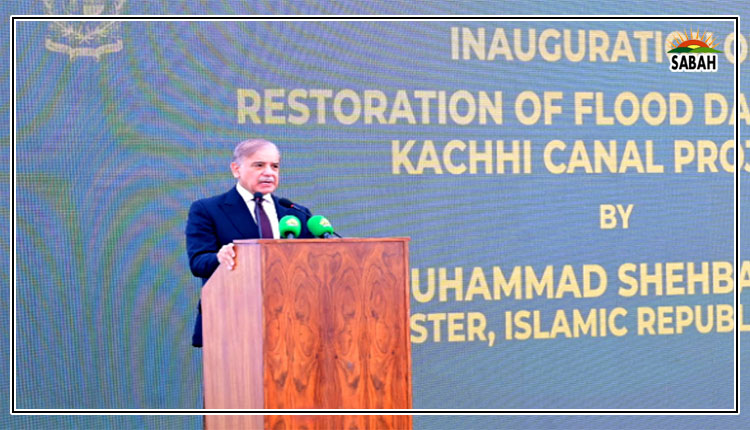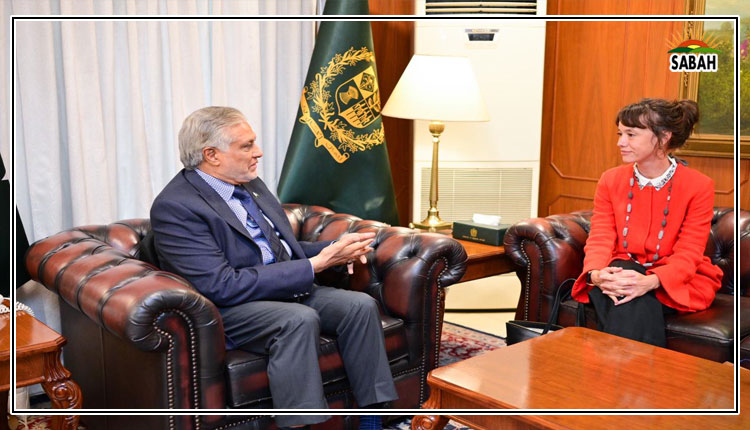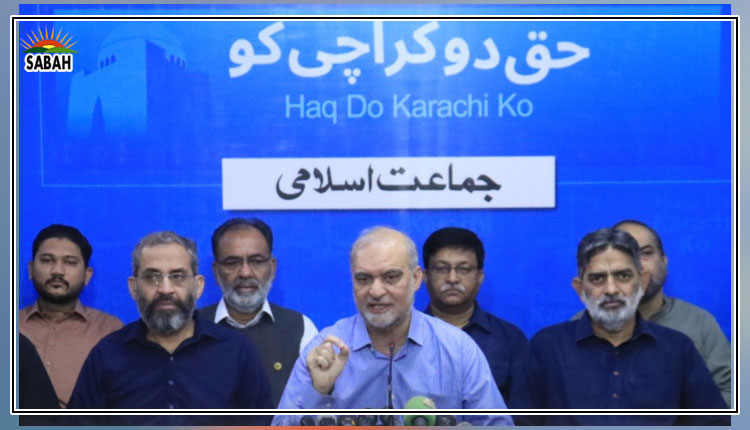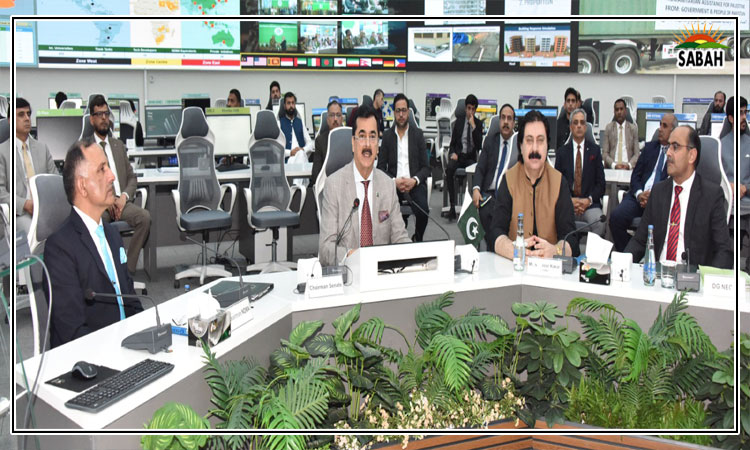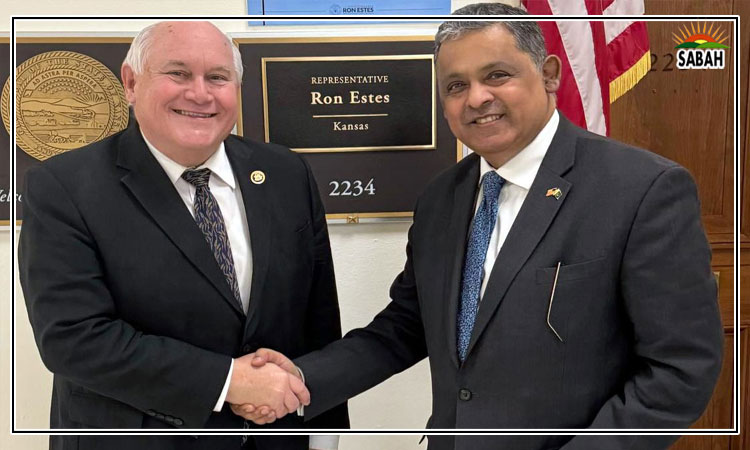Decay in political societies….Farrukh Khan Pitafi
The election season in the US is about to begin. In our region, too, it has kinda sorta started. India, Pakistan, Bangladesh, and Sri Lanka all seem to be gearing up for general elections. As we enter the electoral mode, politics in these countries is dominated by the talk of individuals, not policies or platforms. Ever wondered why?
Let us first confirm the integrity of this assumption. In America, Donald Trump remains the shared obsession. As if to remind us that it isn’t true, the same pundits who kept promoting Trump also promote another by the name of Robert Kennedy Junior. Likewise, in India, the discussion is effortlessly about Narendra Modi. The effortlessness adds a grimmer colour to the ongoing censorship because most of it is not even necessary. Whether Modi manages to steal the upcoming elections or not, he has already stolen the show. In Bangladesh, Sheikh Hasina Wajid is at the centre of all discussions. Despite their recent tumultuous experiences, the people of Sri Lanka seem unable to shake the names of the Rajapaksa brothers out of their system. And in Pakistan, only two individuals. You-know-who and the one who touches down today. The former has the uncanny knack of overwhelming every narrative, the latter wielding now the verified version of the ashirbad of the powers that be. Do you realise that even when their detractors try to undermine these individuals, their obsessive attention adds more strength to them? How did we end up here?
To understand all of this, you need to seek help from professionals. Two intellectuals of renown and some notoriety, Francis Fukuyama and Samuel Huntington, have sought to focus on what we call the decay in political society. What is political society, you ask? To Fukuyama, it is the system of social groups and institutions existing alongside the state that influence the political outcomes. Both talk of political decay, which is the state’s inability to effect and address change in society. But we are looking at the decay in the political society, the bunch of influencers and elites that wield some political clout in the country. You will notice that I am staying clear of Locke’s definition and a few similar ones. The long and short of it is that while we can always circle back to the influence of the state or Leviathan, as Hobbes would like to call it, I want to take stock of the ecosystem that contributes immensely to a disaster. People run states and institutions. The elite of any given country dominate and influence the people. The state’s failures and shortcomings are ultimately their failures and shortcomings. Owing to the shortage of space in a newspaper article, I will try to boil down both Huntington and Fukuyama’s interpretations of political decay into crudely generalised one-sentence explainers. You will see that they work for the decay in the political societies, too. Fukuyama’s explanation takes you to a complex set of clientelism and patronage. More of that later. Huntington’s, however, focuses on the systemic inability to address and adapt to the rapidly occurring changes in society. He was writing in 1968, and even then, this simple explanation helps in comprehending the current mess we are in.
While the elaborate details of it all go beyond the scope of this piece, let us agree that in the past three decades, massive changes have been occurring in our societies at a breakneck speed. No society is innately equipped to deal with these changes except democracies of the world. Democracies because the people at the business end of these changes have a voice in their affairs. But even though it hurts me to admit it as a libertarian, the unfettered powers of businesses have been wreaking havoc on the quality of each democracy. Make no mistake. I still believe businesses with the most minor restrictions can take you far ahead on the evolutionary ladder. It is the nexus of business and politics that worries me, especially when political patronage can foster crony capitalism. And when crony capitalism, through a clever manipulation of the system (thank you Citizens United vs FEC), starts influencing political debates and outcomes. That essentially means that when the voting public is not being manipulated into taking one polarised position or the other, their ability to effect meaningful change is totally compromised, and they lose their voice. This takes them to the break-the-glass moment. And given that by this time, all institutions lose their trust, their choices are no longer rational.
Population explosion, automation, technological displacement, climate-induced disasters, syndication of crime, wars waged in our names, cartelisation among medicine and other amenities providers, and sudden disruptions like disease, natural calamities, terrorism, and violence coupled with the elite’s failure to address them have all but eroded the public’s confidence in all institutions. It is a dangerous situation. This is where Hitlers, Lenins, and Stalins are born. Mercifully so far, the break-the-glass moment has produced only a few Trumps, Khans, Modis, and Erdogans. Terrifying outliers but not permanently irredeemable. If you want to know how dangerous this moment is, just carry out a thought experiment. Take one out-and-out expansionist invader from history like Hitler, Napoleon, or Ghengis Khan and replace him with the leader of a great power today. Now, what do you get? Annihilation.
When these outliers were brought to power, the purpose was to fire a warning shot. Change your ways and do it quickly. The elites did change. But they acquired the ways of their tormentors.
In America, people wanted their country to focus on their welfare rather than foreign wars. They elected Obama to put an end to these wars. When the elite and the media made it impossible for him, people elected Trump and then Biden.
In India, people wanted stability and a clear direction. The Congress party took them for granted, and while Rahul wouldn’t accept the premiership, he would publicly criticise his own PM. The people went away with Modi.
In Pakistan, too, the ruling elite is refusing to learn its lesson. As I type these lines, news channels are absorbed in covering Nawaz’s homecoming as if it is Eid of some sort. Go back five spaces to the year 2018 and look at the same enthusiasm for another man — he who must not be named. Our national discourse is like a smart car that remains under your control throughout the term, but come election season, the autopilot locks you out of the system and takes you to the destination of its choice.
In America, Biden has shown that these voices can be heard and ways mended. Everywhere else, especially here, since these voices are not being heard the next outliers will be of the irredeemable kind. Get comfortable.
Courtesy The Express Tribune, October 21st, 2023.


